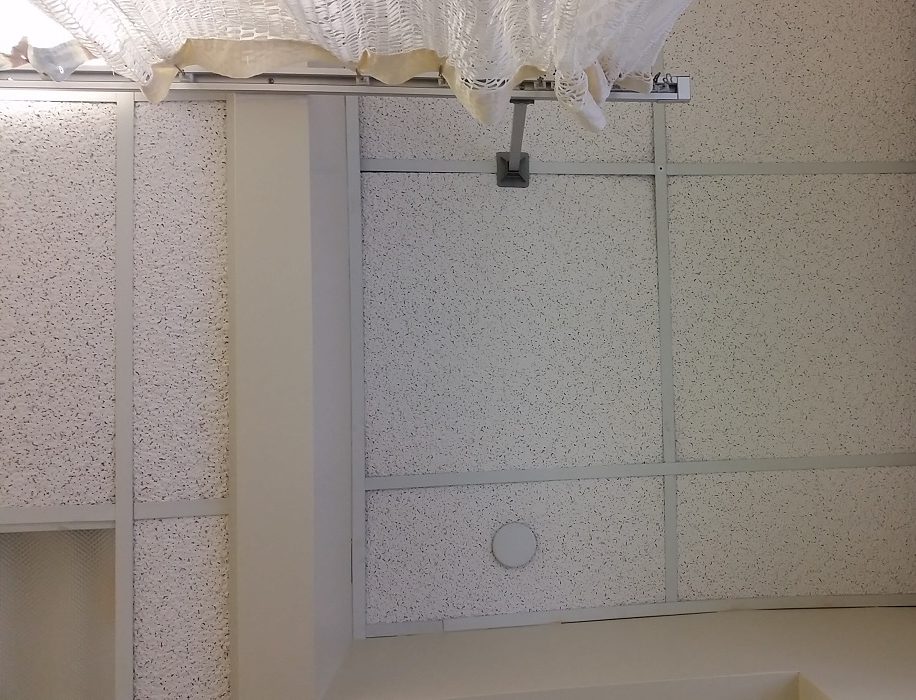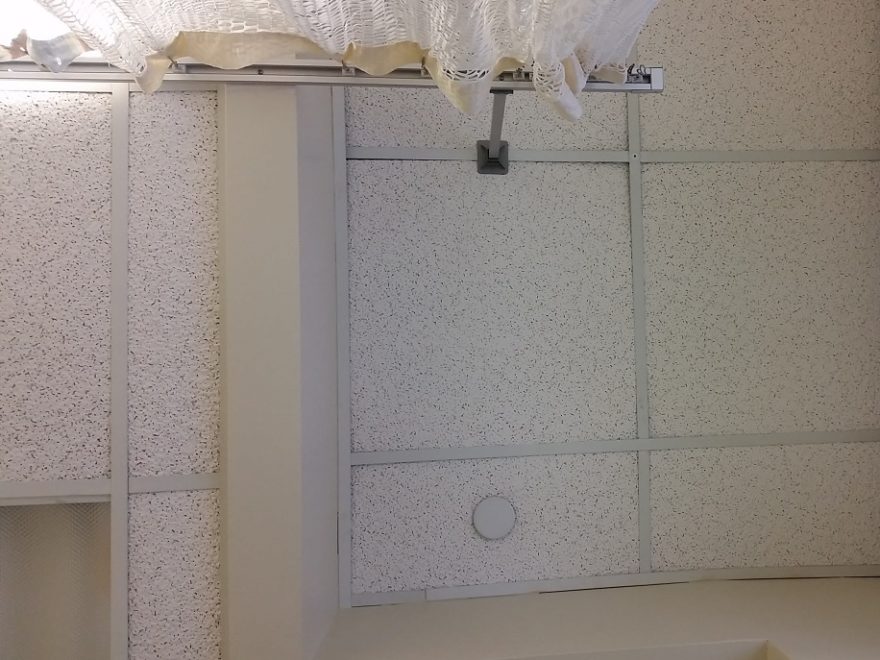A few weeks ago, and about a year after my rare disease diagnosis, I had an appointment with one of my long-time physicians; someone who isn’t part of my medical team for Complex Regional Pain Syndrome (CRPS, often called by its former name; RSD, for Reflex Sympathetic Dystrophy). He said something that really touched me… and then something that hurt me deeply.
This physician knows me not only as a patient, but also as a potential colleague; because I work in bioethics (sometimes called healthcare ethics, or medical ethics), I’ve worked with several of his colleagues and friends. So there’s always the possibility that the 2 of us might someday be working together.
First off, he told me that he’d been looking into CRPS/RSD on his own – ever since I’d told him of the diagnosis a few months earlier. He said he’d wanted to find out whether there was anything that he could do to help, and whether any of his specialist colleagues could provide some insight or assistance into this rare disease – beyond what I’d been able to find in the medical journals to which I have access.
I was touched. No less so because the only replies he’d received were the equivalent of “Wish her luck!”
What he said next, though, struck me deeply. He said it in a kind of off-the-cuff manner, sure that I’d already thought of it. But I’d been so focused on trying to stop the spread of the disease, and then on trying to deal with its consequences, that I hadn’t yet looked back at the past year; at everything that had happened since the injury that triggered the disease.
Yet once he’d said it, I was stunned that it hadn’t occurred to me. And then I couldn’t get the thought out of my mind. He told me it was too bad that – during the almost 3 months in which the specialist physician was ignoring my (as yet undiagnosed) rare disease symptoms and my concerns that something was wrong – the disease continued to spread and to worsen.
That if the disease had been caught when I first reported the symptoms, my disease condition almost certainly wouldn’t have been as bad as it is.
And he asked whether I’d lodged a complaint with that hospital. Not only for the fact that the specialist had dismissed my concerns, signs, and symptoms (at onset of a rare disease, and then for almost 3 months after that), but also because I’d been told by the specialist nurse not to exaggerate my symptoms. And when I’d asked to hospital to change me to another specialist physician, they’d refused my request.
At that point, my long-time physician realized that he’d given me a bit of a shock; that I hadn’t thought of the fact that the specialist’s behaviour had likely worsened my prognosis, impaired the potential for me to regain the use of my hand and arm… I’d started to cry without even realizing it.
There are perhaps very few times when it’s appropriate for a male physician to hug a female patient, in a closed examination room, but I’m glad he felt this was one of those moments. He just sat, with his arm around my shoulders, while I cried for a few minutes… once I’d composed myself, I asked him why he’d asked about a complaint.
His view is that complaints are a good way for hospitals, for healthcare systems, to learn – and to prevent similar issues. So if I submitted a complaint, then I might spare another patient the same negative experiences that I’d had.
He assured me that my current – or future – healthcare wouldn’t suffer if I lodged a complaint, and that it would be handled professionally; as an opportunity for the hospital to possibly improve its practices and/or procedures. I understood what he was saying, at the level of my bioethics background and training, but…
I was still completely stunned – devastated – by the idea that my disease had been allowed to progress, to spread, and to worsen because the specialist physician assigned to my follow-up care by the hospital had ignored its signs and symptoms for so long. Because he had ignored me.
It took me almost 2 months to get past the idea that, by wilfully ignoring my reports of symptoms, that physician may have condemned me to a life of excruciating pain and the loss of effective use of my right (dominant) hand.
This still upsets me so much that it’s difficult to talk about. So I’m hoping that writing about it might help someone else feel less alone as they struggle with a rare disease, with trying to have their symptoms recognized – and acted upon – by a physician they trust.
And there lies the heart of the issue, for me – at both the bioethics and patient levels. I’d put my trust in that specialist physician, and now felt that he’d betrayed my trust. It was now occurring to me that my disease wasn’t simply a case of bad luck, but also of a case of insufficient – or downright bad – medical care. And that “care” may not be the appropriate word in this case…
That if the hospital had allowed me to change physicians, when I’d requested this, then another physician would likely have listened to my symptoms & paid attention to the signs of the disease. And an earlier diagnosis would have meant earlier treatment, less spread of the disease, and less severe (possibly permanent) repercussions.
I was left with feelings of betrayal, of the healthcare system that I respect and trust; of a healthcare system that’s meant to put patients first. Not to ignore them, not to ignore signs, symptoms, and diseases…


